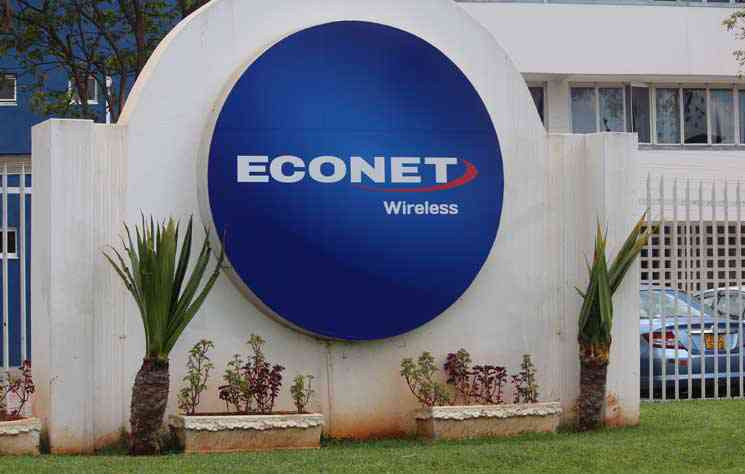
HARARE, Jul 2. (NewsDay Live) – OmniContact BPO Services, an Econet Wireless Zimbabwe’s business process outsourcing division, and UN Women – the United Nations Entity for Gender Equality and Women’s Empowerment in Zimbabwe – have joined hands to launch Project Ignite, a ground-breaking initiative aimed at equipping women and youth with the skills and tools that will create opportunities for them to participate meaningfully in the country’s growing digital economy.
In a joint statement, the two organizations said the public-private partnership seeks to empower thousands of Zimbabwean women and young people to become digital leaders, technology-driven entrepreneurs, and active contributors to the future of work.
Despite critical roles in communities and households, many women and youths in Zimbabwe continue to face barriers to economic inclusion, including limited access to stable income, job opportunities and entrepreneurial support.
These challenges are particularly acute for those facing multiple layers of disadvantage, such as rural women, young mothers, and persons with disabilities.
“Project Ignite is more than an initiative – it is a movement to ensure that women and youth have a real stake in Zimbabwe’s economic future,” said Fatou Lo, UN Women’s Country Representative in Zimbabwe at the launch of Project Ignite in Harare on Tuesday (July 1, 2025).
“We are proud to collaborate with the private sector in delivering practical, scalable solutions to digital inequality.” she said.
OmniContact, a key player in Zimbabwe’s BPO sector, is set to play a pivotal role in providing the infrastructure, training platforms and employment linkages necessary to operationalise the programme.
“We believe the future of work in Zimbabwe must be inclusive. By investing in women and youth, we are not only tackling inequality – we are strengthening our national workforce and economic competitiveness,” said Mr Otis Makahamadze, the Chief Operating Officer of OmniContact.
- Mboweni mentors emerging entrepreneurs, calls for integrity in business
- Mboweni mentors emerging entrepreneurs, calls for integrity in business
- Zim tycoons elevate offspring to key roles
- Zim tycoons elevate offspring to key roles
Keep Reading
He said as Zimbabwe advances towards its Vision 2030 development goals, Project Ignite offers an example of how strategic partnerships can drive inclusive growth, digital innovation, and sustainable empowerment.
Decades of economic fluctuations, deindustrialisation, climate-related shocks and health crises, including the COVID-19 pandemic, have had a disproportionate impact on women’s livelihoods. At the same time, underfunding for gender equality programmes has further widened gaps in access and opportunity.
Although the digital economy offers significant potential in areas such as remote work, e-commerce and tech entrepreneurship, the gender digital divide remains a major concern, with many women and young people lacking the digital skills, connectivity, or resources to benefit fully from these opportunities.
OmniContact and UN Women Zimbabwe said it is in this context that they have launched Project Ignite – as a timely, strategic response aimed at narrowing the digital divide while creating inclusive pathways to economic empowerment.
Underpinned by a blended financing approach, OmniContact and UN Women said the initiative will be rolled out using four key models designed to address different facets of inclusion such as Digital Leader Model, which enhances digital literacy, confidence and access to technology for women and girls.
Another pillar is the Impact Sourcing Model, which aims to create employment opportunities in digital services for young women, including roles in call centres, remote tech support and data processing.
The third pillar is the Business Accelerator Model, that supports women-led enterprises to leverage digital tools for growth, resilience and market expansion.
The last pillar is the Women’s Empowerment Principles Framework, which seeks to engage the private sector, government and civil society in promoting gender equity and mobilising investments towards women’s participation in the digital economy.











